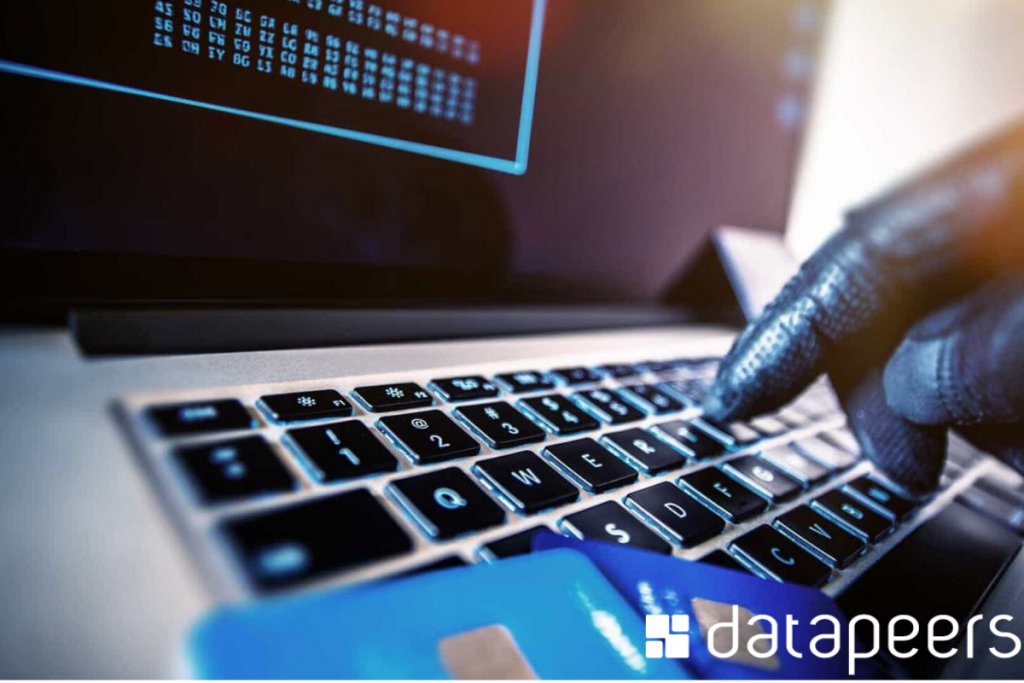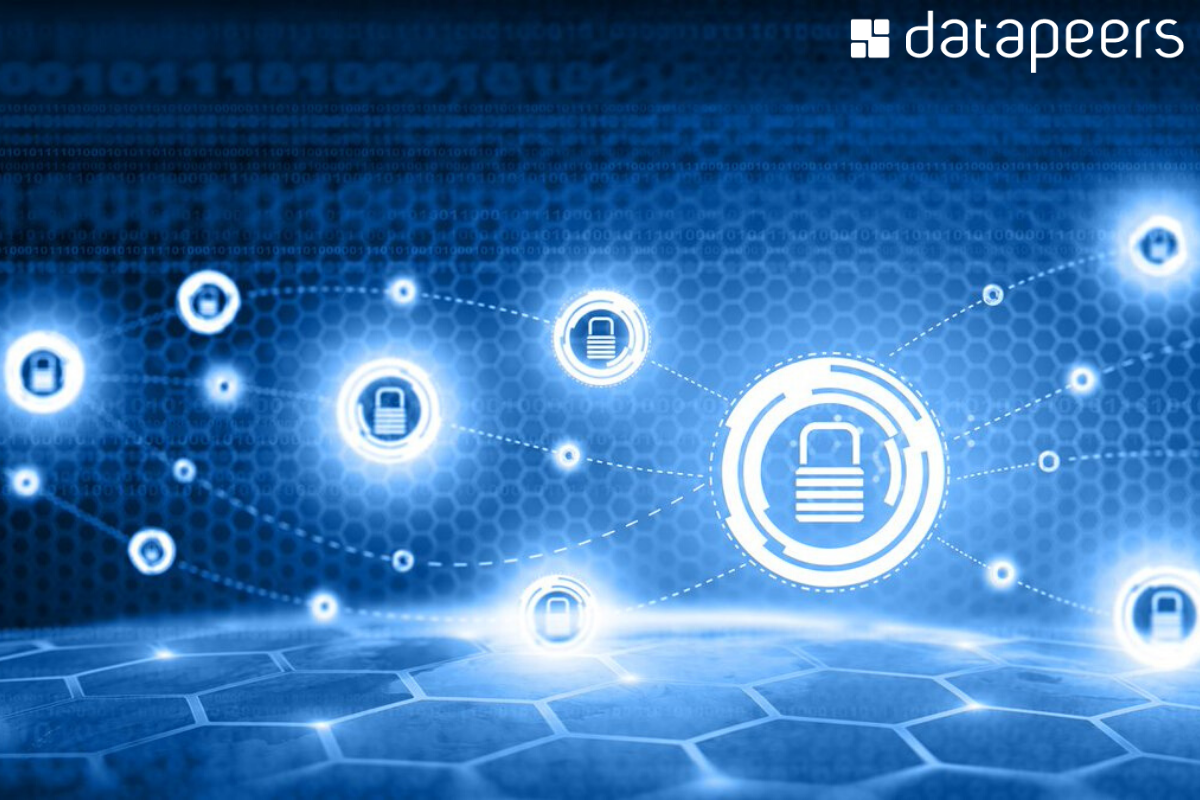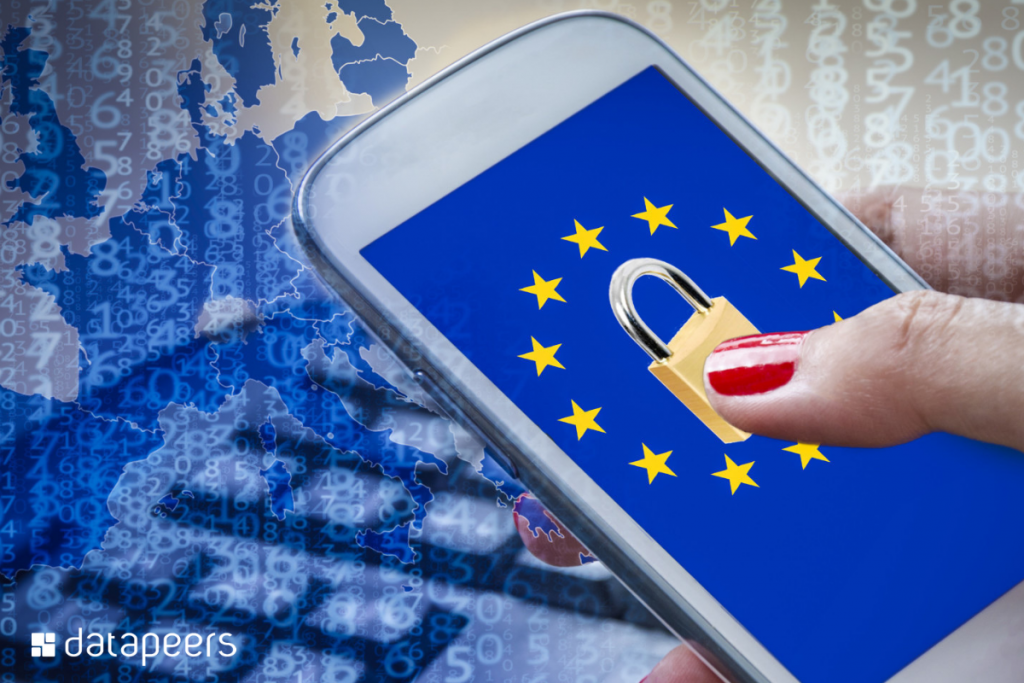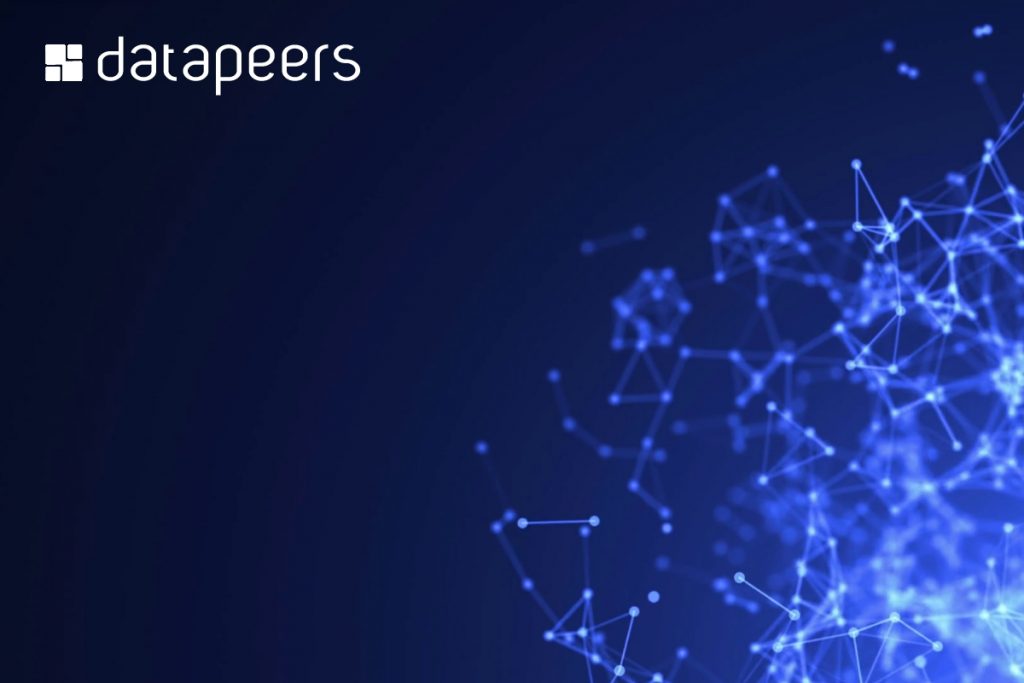Coronavirus and computer attacks: learn how to protect your network
Hackers take advantage of the weakest moments to launch computer scams and steal data. Digital threats have been immense in recent weeks, as those responsible for them take advantage of people’s concerns about the new coronavirus or Covid-19. There are many people looking for information about the disease and hackers take advantage of this to send messages with fake news. In this way, they spread a series of malware, created with the aim of stealing information, whether corporate or personal. Here are 5 tips to protect yourself from computer attacks this season!
LGPD: What does the new Brazilian data protection law say?
People must have control over their personal data and must understand the legal framework of digital businesses. This is because, unfortunately, users’ personal data are often illegally captured, which can compromise their privacy. This whole scenario led to the creation of the General Data Protection Regulation (GDPR) for the European Union, which came into force in May 2018, and now Brazil is preparing to adjust to the new law, very similar to the one that already exists in the Europe. After more than eight years of debates in civil society, Law 13.709 / 2018, the Brazilian Data Protection Law, arrives. The legislation (LGPD) was enacted on August 14, 2018 and is expected to come into effect, definitely, this year. In today’s article, we will know the main points of this legislation.
Concepts of the new law
The holder of the data is the person that the law aims to protect and is the carrier of “personal data that are subject to treatment”, so that legal entities of a collective nature are excluded from the scope of the new law: this law is exclusively to protect people.
The concept of data processing is very important in this legislation and is defined as “any operation carried out with personal data, such as collecting, producing, receiving, classifying, using, accessing, reproducing, transmitting, archiving, storage, disposal, evaluation or control of information, modification, communication, transfer, diffusion or extraction”. This context is very broad and applies to all data processing operations carried out by an individual or collective person, both in the public sector and in the private sector. In order for the law to apply, this data processing must be carried out in Brazilian territory. In the case of foreign citizens, personal data are subject to the new law when they are collected in Brazil and when their treatment is intended to provide goods or services in Brazil.
What will change in practice?
Obligation to delete data when required by the user
Citizens will be able to require companies to delete their personal data, whenever requested by users. The new regulation allows the personal data of each citizen to be destroyed at his request.
Data portability
Citizens may require companies to send their personal data in a format that allows them to be sent to another company, facilitating their migration and making it simpler to change service provision. Whenever a citizen changes banks or a television service provider, he or she will not have to provide his/her personal data again, as they can be easily migrated from one company to another.
Need for express user authorization
Citizens will have full information about how companies treat their data, how they store it, how long they store it and with whom they share their information. The new law applies to all activities involving the use of personal data, including treatment over the internet.
Obligation to notify in case of violation of personal data
Businesses and organizations have a duty to notify the competent authority in situations which put individuals at risk and to communicate to the citizen concerned all high-risk violations as quickly as possible so that appropriate action can be taken. In case of data leaks, the company must inform the competent authority (National Data Protection Authority, an indirect public administration body linked to the Ministry of Justice), which will be responsible for monitoring, implementing and enforcing the law , within a “reasonable period”.
What happens in case of default?
In case of data leakage or any other violation of the law, fines may reach 2% of the billing, with a limit of R $50 million, and may also imply the suspension of the company’s activities.
How to protect personal data on the Internet?
The Internet has opened many doors for us, made life easier for us and allows us to access thousands of information with a single click. However, all currency has to be reverse and, due to the Internet, we now have our most exposed data and our information is more vulnerable. We need to be very careful to keep our data intact in all situations. In today’s article, we will understand how we can protect our personal data on the Internet!
How to apply GDPR in Google Analytics?
Google Analytics is one of the tools most used by marketers, since it allows analyzing and understanding the behavior of website visitors. However, with the entry into force of the GDPR many questions have arisen regarding the legitimacy of continued use of this tool. Google Analytics uses visitor data, so you need to be careful not to break the law. In today’s article, we’ll explain how to apply GDPR in Google Analytics.
7 tips for rapid adaptation to GDPR
The process of adapting the General Regulation on Data Protection (GDPR) to the Portuguese reality has not been easy. Although the European diploma has been in force since May 25, 2018, there are still many companies that fail to meet all the standards associated with the new legislation. The National Comission of Data Protection has passed fines to defaulters and it is urgent that companies work to comply with all the obligations that exist in the law. In today’s article, we present 7 tips for rapid adaptation to GDPR!
What changed in the companies in 2018 with GDPR?
Undoubtedly, the GDPR was the major security issue in 2018. The new legislation brought new ways of dealing with data and brought many questions to businesses. The new law has been applied to ensure greater privacy of personal data of citizens of the European Union, especially online. But after 8 months, what has really changed in companies with the arrival of GDPR?
The definitive guide of the General Data Protection Regulation
The new general data protection regulation came into effect in May this year and despite all the information that has been generated around this new law, the truth is that many companies still feel lost and have not yet begun to protect their information. For this reason, we have prepared a definitive guide with all the information you need to know to protect your business under the new data protection law!
Data protection in Brazil: get to know everything that will change with the new law (LGPD)
New technologies create a large number of opportunities for optimizing resources, but when misused they can compromise the security of citizens’ information. One of the biggest concerns of all companies is the protection of information. Never before had the need to protect data been so evident. Citizens must have control over their personal data and the legal framework of digital business should be simplified and clarified. This happens because, unfortunately, often the personal data of users are illegally captured, which can compromise their entire privacy. All this scenario has boosted the creation of the General Regulation on Data Protection (GDPR) for the European Union, which came into force in May this year, and now Brazil is preparing to receive a new law very similar to the one that already exists in Europe. After more than 8 years of debates in civil society, here comes Law No. 13,709/2018, the Brazilian data protection law. The legislation (LGPD) was sanctioned on August 14 and is expected to come into force in February of 2020. In this article, we highlight the main aspects of this new legislation!
How to treat sensitive personal data?
Companies are now more aware of the need to protect the personal data of customers and vendors with whom they work. In addition to the increased risk of computer attacks today, new data protection laws have added to this need to protect sensitive data. The GDPR has been in force since May in the European Union and Brazil is preparing to receive a new data protection law very similar to European legislation (Brazilian law is known as LGPD). Increasingly, companies need to treat their personal data correctly, failing to see their information exposed and, above all, to escape the large fines that the regulation applies to violators. In today’s article, we leave you important tips for dealing with sensitive personal data!










